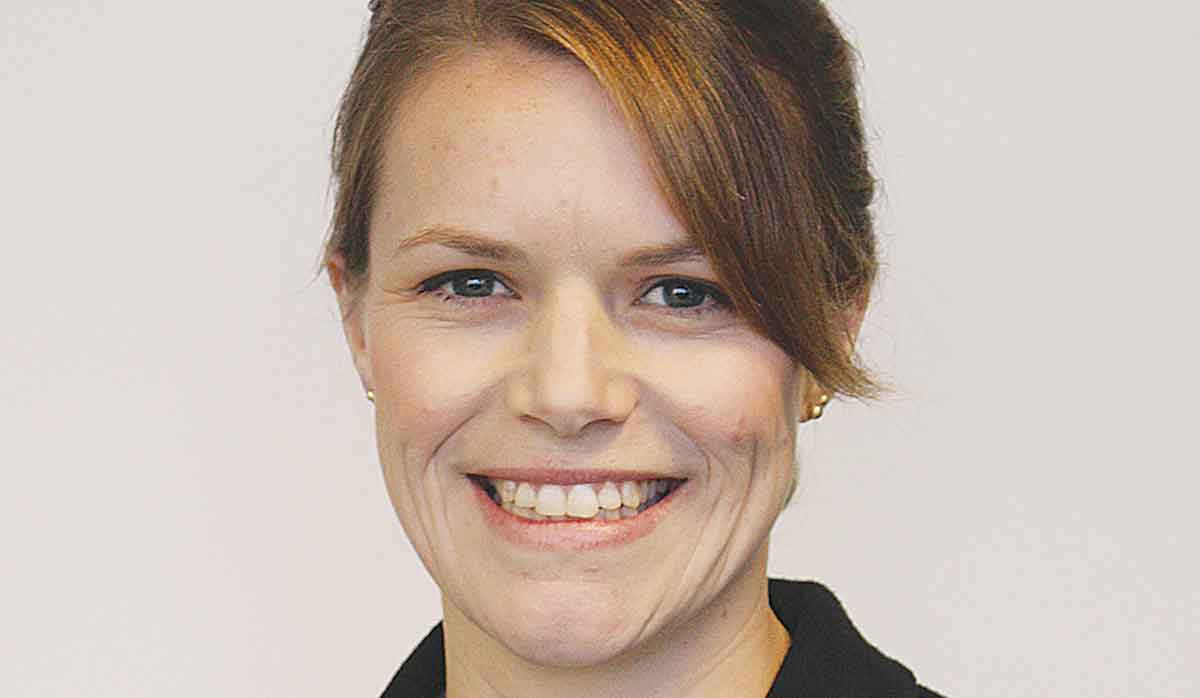Genetics, Efficiency and Performance: How the Burgesses are raising the bar at Te Poi
Bill and Michelle Burgess had an eye-opening realisation when they produced the same with fewer cows.
You've worked hard to get your cows in great condition for calving. Next, it’s time to make sure they stay on track for mating.
That's the message from DairyNZ animal developer Samantha Tennent.
Cows that lose more than a full body condition score (BCS) in early lactation take longer to get back in calf and are more likely to be empty.
Cows at BCS target of 4.0 (4.5 for two and three year olds) at planned start of mating have a four to five percent higher 6-week in-calf rate than cows at BCS 3.0. Put simply, cows below target BCS at mating have lower pregnancy rates.
What happens after calving?
After calving, a cow’s energy demands for lactation, maintenance and activity are greater than her energy intake. To fill this energy deficit, she mobilises body tissue (fat and muscle) and uses this to generate energy. When a cow is in this state, she’s said to be in negative energy balance and will lose body condition.
All cows enter a state of negative energy balance for six to eight weeks after they’ve calved, but it’s important they’ve stopped losing condition and are in positive energy balance before mating starts. There’s little that can be done in the first four to five weeks after calving to prevent BCS loss, and the biggest driver of BCS loss after calving is BCS and feed management pre-calving.
Keeping control
The key is to maintain adequate intakes of good-quality feed through early lactation. Cows grazing high-quality pasture during the period from calving to balance date and achieving residuals of 1500 to 1600 kilograms of dry matter per hectare, or 3.5 to 4.0 centimetres compressed height, should meet BCS targets.
 |
|---|
|
Samantha Tennent. |
It’s important to identify cows or heifers below target BCS before mating starts and implement management strategies to help them meet targets. It’s difficult to lift BCS in an early-lactating cow, but milking once daily for several weeks, while meeting energy demands, will help to improve energy balance and can lift BCS.
Even if you keep milking twice daily, separate younger, thinner cows from the herd and feed them high-quality pasture and supplements, if necessary. This eliminates competition from more dominant cows and improves the skinnier cows’ energy status and BCS.
Using supplements
If cow BCS and pasture residuals are on target, adding supplements to the diet won’t improve reproduction. However, if you need supplements, use good-quality supplements that are free from spoilage.
There’s no reproductive benefit of feeding high-starch supplements, such as grains, compared with high-fibre feeds (e.g. palm kernel expeller or pasture silage; see our article in last month’s Inside Dairy). Therefore, your decisions on supplement type should be based on the cost/benefit of the predicted milksolids response.
• Learn more at dairynz.co.nz/reproduction
Additional tariffs introduced by the Chinese Government last month on beef imports should favour New Zealand farmers and exporters.
Primary sector leaders have praised the government and its officials for putting the Indian free trade deal together in just nine months.
Primary sector leaders have welcomed the announcement of a Free Trade Agreement (FTA) between India and New Zealand.
Dairy farmers are still in a good place despite volatile global milk prices.
Legal controls on the movement of fruits and vegetables are now in place in Auckland’s Mt Roskill suburb, says Biosecurity New Zealand Commissioner North Mike Inglis.
Arable growers worried that some weeds in their crops may have developed herbicide resistance can now get the suspected plants tested for free.
President Donald Trump’s decision to impose tariffs on imports into the US is doing good things for global trade, according…
Seen a giant cheese roll rolling along Southland’s roads?